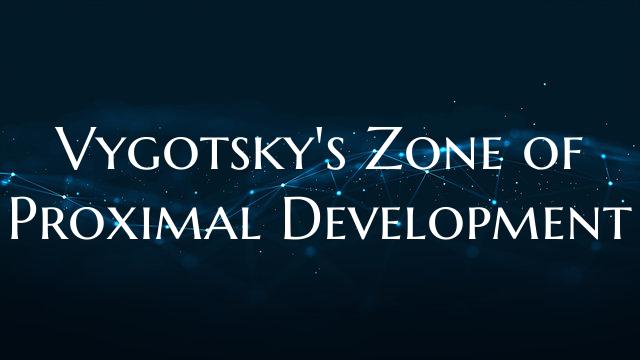Vygotsky's Zone of Proximal Development
Vygotsky's Zone of Proximal Development: An Essential Concept in Learning and Development
Lev Vygotsky, a renowned psychologist, introduced the Zone of Proximal Development (ZPD) as a key concept in the field of developmental psychology and education. This theory emphasizes the idea that learning and development occur within a dynamic socio-cultural context, rather than in isolation. The ZPD is the space between what a learner can do independently and what they can achieve with guidance and support from a more knowledgeable individual.
According to Vygotsky, children are constantly learning and developing through their interactions with others. The ZPD highlights the importance of scaffolding, where a more experienced individual, such as a teacher or peer, provides the necessary support and guidance to help a learner reach their full potential. This collaborative learning process promotes cognitive growth and the acquisition of new skills.
One of the key implications of the ZPD is the idea that learning is most effective when it is challenging yet achievable. By engaging learners in activities that are slightly beyond their current level of understanding, educators can help them advance to new levels of competence. This approach encourages students to stretch their abilities and develop problem-solving skills, critical thinking, and creativity.
In practical terms, teachers can apply the concept of the ZPD by designing activities that promote collaboration and interaction among students. Group projects, peer tutoring, and cooperative learning tasks are just a few examples of strategies that can effectively leverage the ZPD to enhance learning outcomes. By fostering a supportive and stimulating learning environment, educators can create opportunities for students to explore new ideas, build on their existing knowledge, and cultivate a deeper understanding of complex concepts.
In conclusion, Vygotsky's Zone of Proximal Development offers valuable insights into how learning and development are shaped by social interactions and the guidance of more knowledgeable individuals. By recognizing the importance of collaborative learning and scaffolding, educators can create dynamic and engaging learning experiences that empower students to reach their full potential. Embracing the principles of the ZPD can lead to more effective teaching practices and ultimately foster a culture of continuous growth and learning in educational settings.

